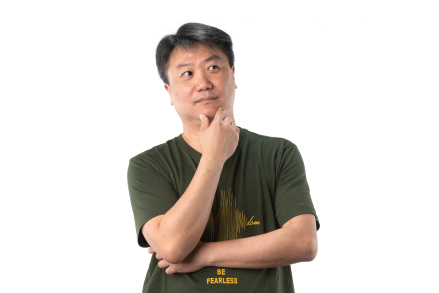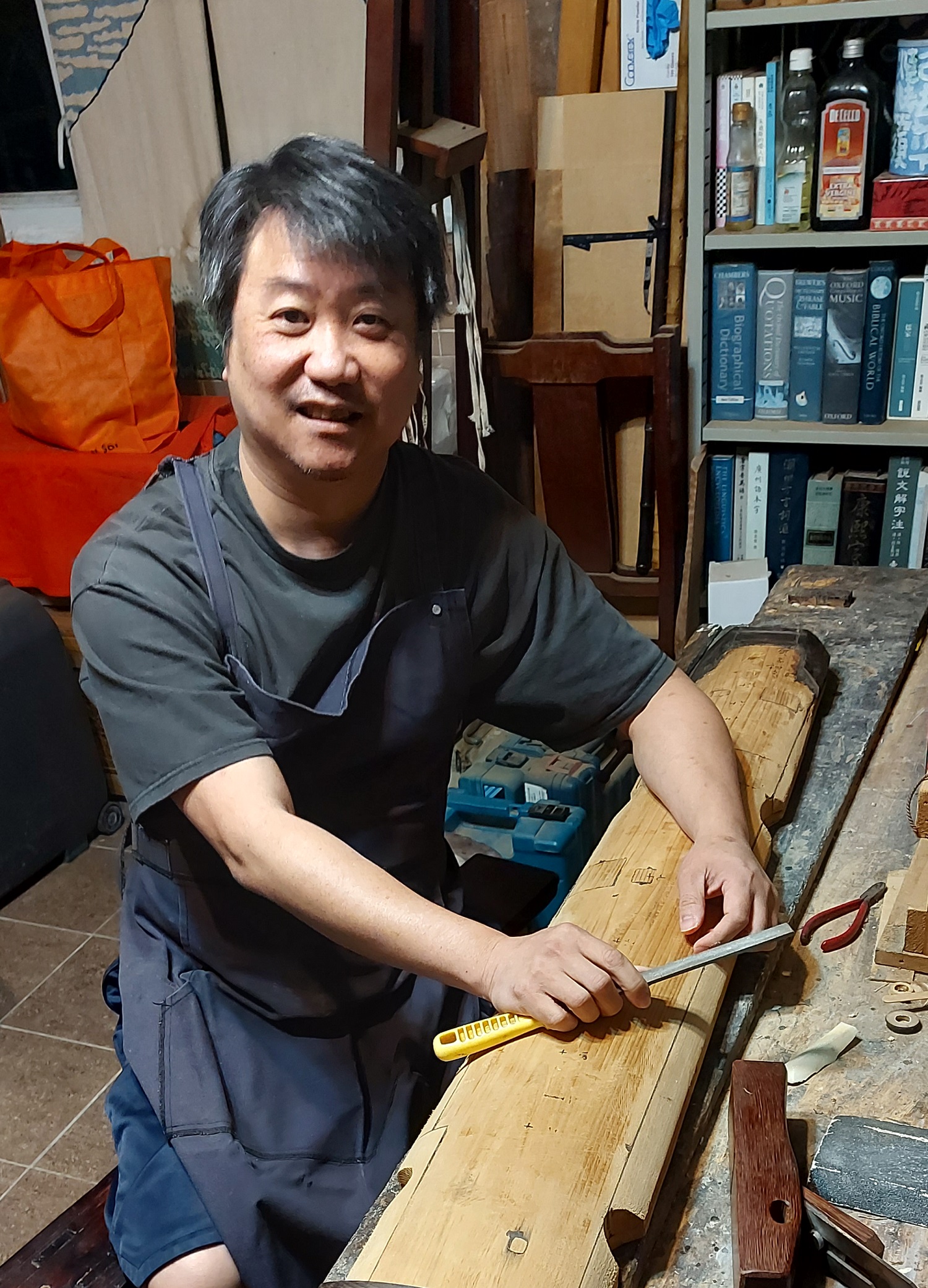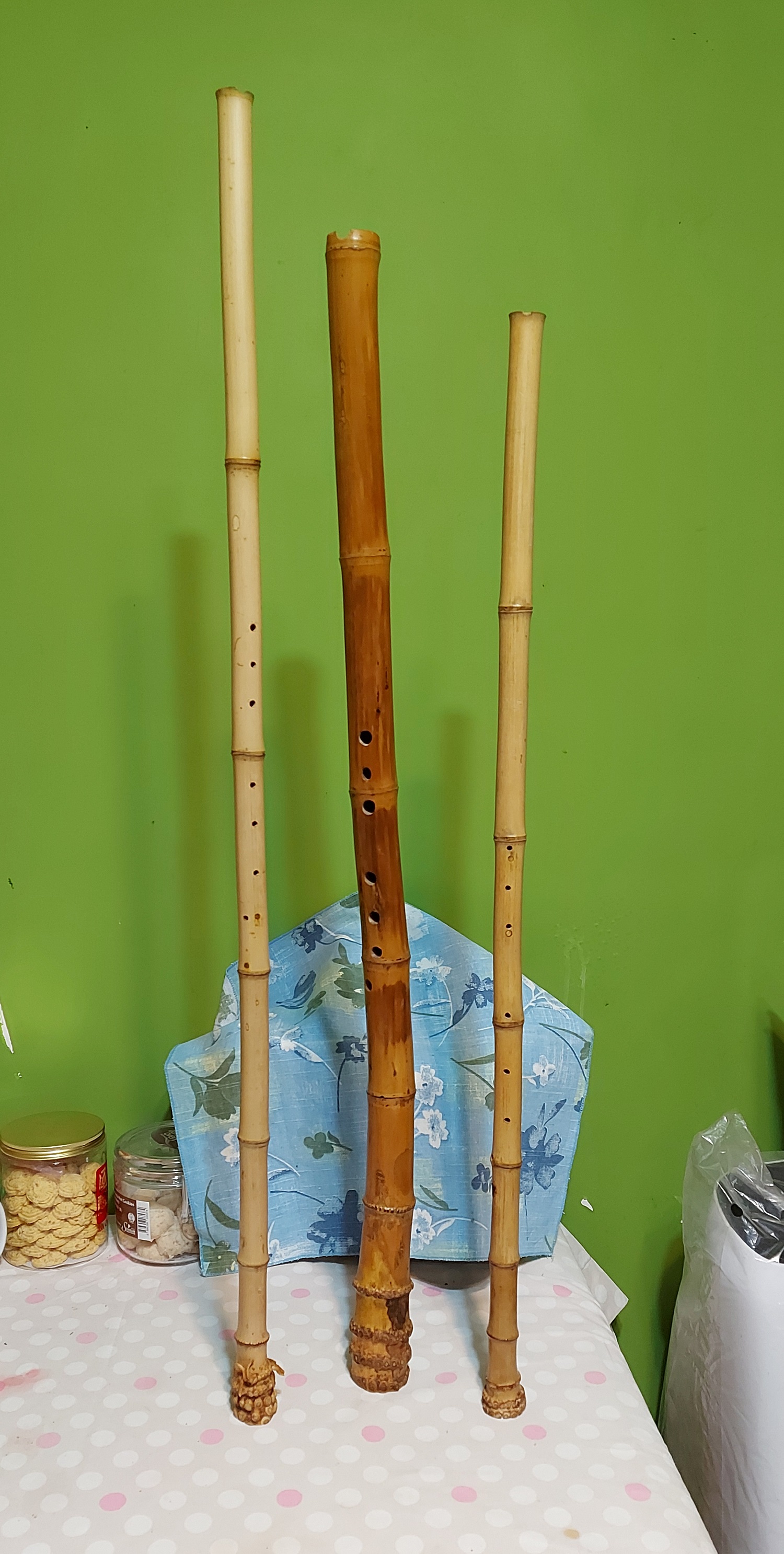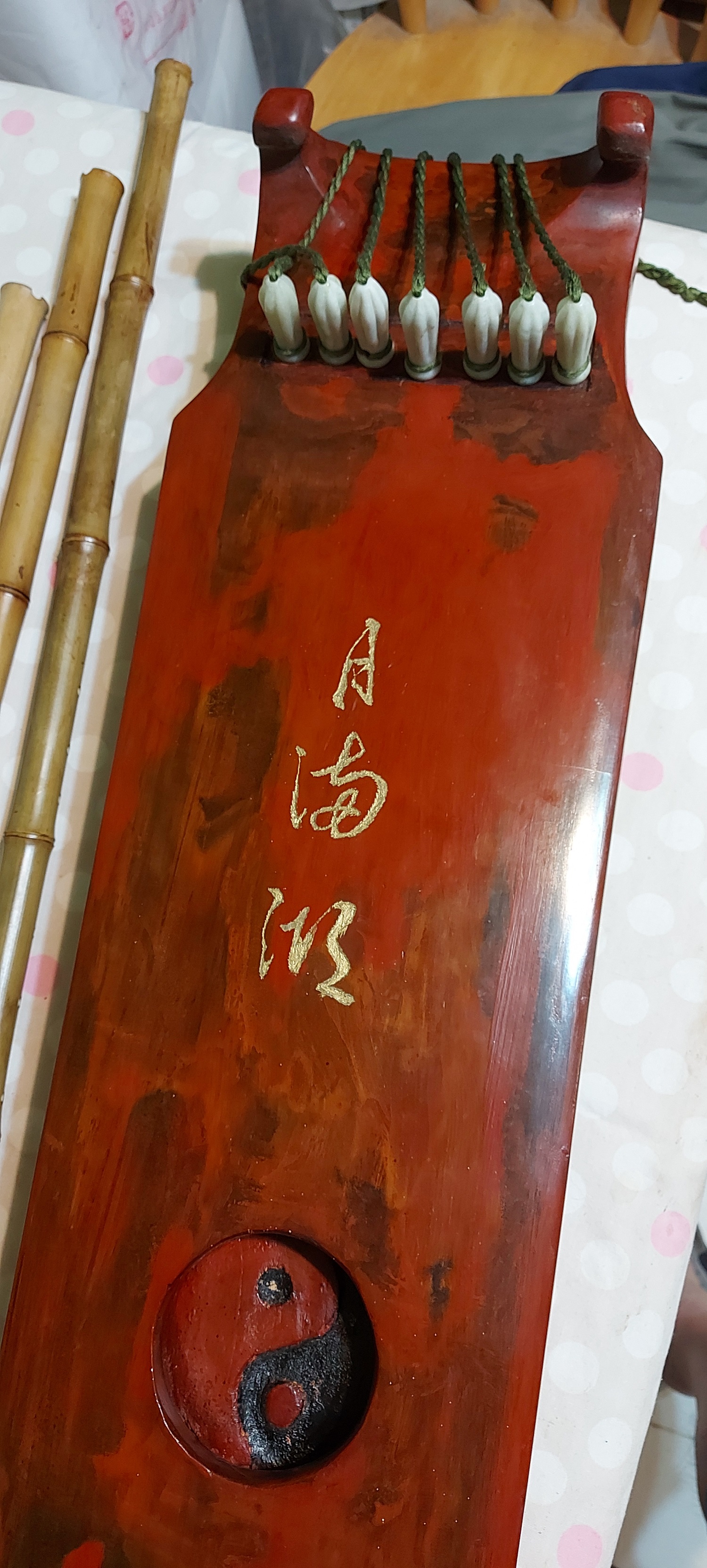Discover HKBU
Lighting up truth and beauty with sparks of creativity
26 Jan 2023
Creativity is the fuel for innovation and progress. As higher education institutions pursue innovative research and discoveries in both the sciences and humanities, creative talents find themselves playing a vital part by contributing their ideas and inspiration. In Hong Kong, HKBU is home to international talents from every discipline who help drive the University forward as a “cradle for innovation”. Among them, Professor Lian Hee Wee at the Department of English Language and Literature is exemplary for being creative in a multi-disciplinary manner.
A broad range of artistries
Professor Wee’s broad range of academic interests covers phonology, phonetics, music and varieties of the English and Chinese languages. He was first drawn to Hong Kong in 2000 when he heard about the artist and maker of guqin (a traditional Chinese musical instrument), Master Choi Chang-sau. Not only did Professor Wee relocate to the city to pursue his musical interest under Master Choi’s tutelage, his determined move to Hong Kong also earned him the opportunity to eventually launch an academic career with HKBU.
Professor Wee possesses a burning passion for diverse learning, thanks to Professor KP Mohanan and other linguists who guided him during his undergraduate years at the National University of Singapore. “They taught me to be open-minded about scholarship and revived my interest in mathematics, philosophy, physics and basically everything I did badly when I was a teenager.” He began researching into Linguistics in particular, since he sees it as a branch of knowledge where he knows he can contribute.
“On reflection, I decided to dedicate myself to the pursuit of two things: truth and beauty, which pervade both science and arts,” says Professor Wee. As such, he started a variety of creative projects in Hong Kong, including the development of theatre games to train language teachers, a study of grammar in graffiti in Hong Kong, a book on Hong Kong’s languages and a collaborative volume on the craft of guqin-making to name a few. Previously, he has also released a phonetics mobile app called "AV Phonetics", which has been downloaded more than 180,000 times globally.
One of his current projects is the making of bamboo flutes and guqins that can give him the timbres he seeks. “The guqin used to be the favoured musical instrument among the traditional Chinese literati and was revered as an instrument of personal and moral cultivation that transcended music. This project will be a lifetime pursuit indeed,” says Professor Wee.
Making space for creativity
In Professor Wee’s view, HKBU’s environment is conducive to supporting and nurturing creativity in many ways. Not only is he surrounded by colleagues whom he describes as “really amazing”, he also finds intellectual and physical space for his creativity. He hopes this space will continue to exist freely. “If you leave us alone, we will be able to seek out kindred spirits and produce what moves us.”
This sense of creativity that permeates throughout HKBU can be transformational for students. As Professor Wee sees it, creativity is something that can be acquired. “Bertrand Russell’s analogy is very appropriate here: Educators should be like tree-planters. We supply conducive conditions for growth; we do not dictate or demand growth. We just have to give students space,” he points out. “If I were king for a day, one of the decrees I would pass would be to allocate 10 weekly hours where students are allowed to waste. Those 10 weekly hours must be embedded into their study load, equivalent to one course per semester. The students will be given space to exhibit whatever they create at any time and instead of receiving a grade, they receive reviews for their work from the audience.” He especially emphasises that such hours should be curricular rather than “co-curricular”. This allows students to unleash their creativity, which fits perfectly with HKBU’s innovative spirit.



